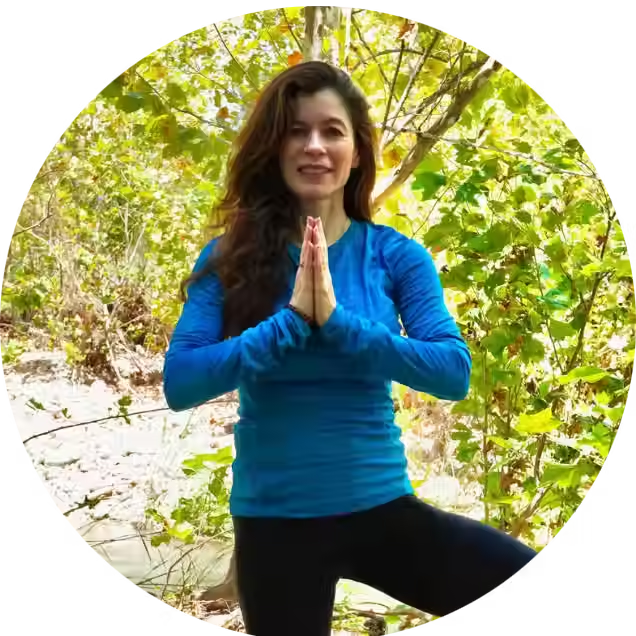Book Review - Am Yisrael Chai: Essays, Poems, and Prayers
- Lane Igoudin
- Dec 28, 2023
- 3 min read
Edited by Rabbi Menachem Creditor (2023, 293 pages)
My heart is in the east
And I in the uttermost west:
How can I find savor in food?
These lines from Yehuda HaLevi, a poet and philosopher who lived in medieval Spain, open the book of essays and poetry produced in the wake of the October 7 massacre perpetrated upon Israel by Hamas. HaLevi’s lament is familiar to anyone who lives in the diaspora but feels connected to the Land of Israel. What happens there affects all of us because our heart is divided, with a part of it always living in that magical land. And now this heart hurts.
“The entire Jewish world is in trauma. . .,” writes the book’s originator and editor, Rabbi Menachem Creditor introducing it. “My trembling fingers are trying not to continue typing. I cannot breathe. My heart is stopped. It cannot fathom what I have just written. Which is why an anthology like this is so necessary, however terrible the subject. We bear witness. We must.”
The pieces collected in Am Yisrael Chai are raw, unvarnished, and often uncomfortable to read, but that’s what testimonies are: a reflection that itself is an experience.
There will be time in the future to process, to contextualize the events and compartmentalize the pain, but right now, these writers, poets, and liturgists are bearing witness to what is.
Like Lauren Hammer in New Jersey:
I’m looking for the life at the end of the tunnel, but I do not see it.
Trying to find my way through the darkness of feelings
But lacking the words to express them.
From “Never Again”
Or Rabbi Annie Lewis in Maryland:
What if I am running out of room in my heart?
So many displaced [. . .]
Faces frozen in terror
Faces
I can’t say it
They warned us not to look
From “Heart of Many Rooms”
Or Chaya Lester recalling her conflicted impressions of the Jerusalem shuk emptied of its Arab workers:
And there’s that familiar cocktail of feelings going down
Of colossal relief and the grief
The nagging guilt, the utter disbelief [. . .]
Because the truth of truths
Is that we must do what we must do
To protect ourselves.
From “I Wept at the Shuk”
We have traveled this road before – the destructions, the expulsions, the pogroms. And we have born witness and documented our feelings as well. Every year at Tisha b’Av, for instance, we recite Prophet Jeremiah’s Book of Lamentations and the mournful elegies of the Kinnot written by the rabbi and poet Eliazar HaKalir. Four times a year, at Yizkor, we recite memorial prayers which originated in response to the persecutions of the 11-12th century Crusades. There are echoes of our remembrances of the past calamities and its martyrs in the weekday and Sabbath prayers, such as “Av HaRachamim” and “Avinu Malkeinu,” in which we appeal for G-d’s mercy and forgiveness for the sake of those “who were killed for Your holy name.”
The book, even if put together in just 9 days following the massacre, already offers glimpses of where this road leads – forward, always forward. It testifies not only to the suffering but also to the resilient, indestructible optimism of the Jewish soul.
“We ache and pray” and go on doing what needs to be done is the refrain repeated throughout Stacy Beyer’s poem “Sitting Shiva.”
In her essay “Thoughts from the Uttermost West,” Ester D. Kustanowitz lays out a list of these practical things that can be done even in the far fringes of the diaspora like her (and my) hometown of Los Angeles. She suggests engaging politically, sharing helpful, trustworthy sources, and supporting others in the community.
But no less important is the following:
I can err on the side of kindness with my friends and colleagues, understanding that a sharp word, pained exclamation, or other emotional outburst thrown in my direction wasn’t about me. I can keep on searching for ways to connect, to share empathy, humor, and love, to fulfill my responsibility to the rest of humanity.
Am Yisrael Chai leaves an eloquent, lasting record of the individual and communal responses to a devastating tragedy. Hold it in all its complexity. There is hope in the light of memorial candles.
__________________________________________________________
Lane Igoudin, Ph.D., professor of English and linguistics at Los Angeles City College, has written extensively for Applied Jewish Spirituality. Lane’s memoir A Family, Maybe, a journey from foster adoptions to fatherhood, is coming out in spring 2024, and his other work has appeared in The Forward, Lambda Literary Review, Parabola, and Water Wheel. For more information, please visit his website.



